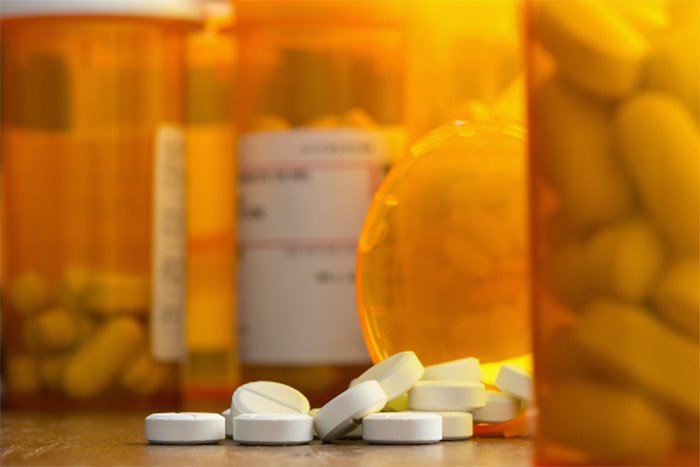
June 22, 2020
 FindRehabCenters.org/Flickr Creative Commons
FindRehabCenters.org/Flickr Creative Commons
Penn researchers found a direct link between the initial dose of an opioid prescription and the likelihood that a heart surgery patient will continue using them more than 90 days after the procedure.
Penn Medicine researchers are raising concerns about the risks of overprescribing opioids.
A new study found about 10% of heart surgery patients who were prescribed opioid medications were still taking them more than 90 days after their procedures. The dosage of the initial prescription may be a contributing factor.
Researchers found a direct association between the initial dosing of opioids or oral morphine equivalents and the likelihood of persistent use 90 to 180 days after the surgery. The highest risk of prolonged use was found among patients who were prescribed more than 300mg OMEs (about 40 tablets of 5mg oxycodone).
Health experts continue to warn that the overprescribing of opioids like oxycodone, codeine, tramadol and morphine – especially for short-term pain management – can lead to opioid use disorder. Drug overdose deaths continue to be a public health emergency, according to the U.S. Centers for Disease Control and Prevention, and many of these deaths involve opioids.
"Our findings support a much-needed shift toward decreasing opioid dosages at discharge and using alternative approaches to reduce the risk for persistent opioid use," said Dr. Chase Brown, a cardiovascular surgery resident and the study's lead author.
The Penn Medicine team examined the data of 25,673 patients who underwent coronary bypass grafting or heart repair or replacement between 2004 and 2016. Coronary artery bypass graft surgery, which involves restoring normal blood flow to an obstructed coronary artery, is the most common type of heart surgery.
The researchers found that about 60% of CABG patients and 53% of valve surgery patients filled an opioid prescription within 14 days of the surgery. They also found that 9.6% of cardiac surgery patients continued to fill prescriptions between three to six months after their procedures.
The refill rate for CABG patients was slightly higher than it was for valve patients. Nearly 9% of CABG patients continued to fill an opioid prescription six to nine months after surgery.
Higher incidence rates were also found among women, younger patients and people with a preexisting medical condition such as congestive heart failure or chronic lung disease.
Even about 8% of low-risk patients considered continued to use opioids longer than three months after surgery. To determine this, researchers excluded patients who had preoperative use of benzodiazepines and muscle relaxants, a history of alcoholism, chronic pain or drug use, and those who were discharged to a facility after the surgery.
"Cardiothoracic surgeons, cardiologists and primary care physicians should work together to enact evidence-based protocols to identify high-risk patients and minimize prescriptions via a multi-faceted pain management approach," added cardiovascular surgeon Dr. Nimesh Desai, the study's senior author. "Centers must adopt protocols to increase patient education and limit opioid prescriptions at discharge."
The findings were published in JAMA Cardiology.